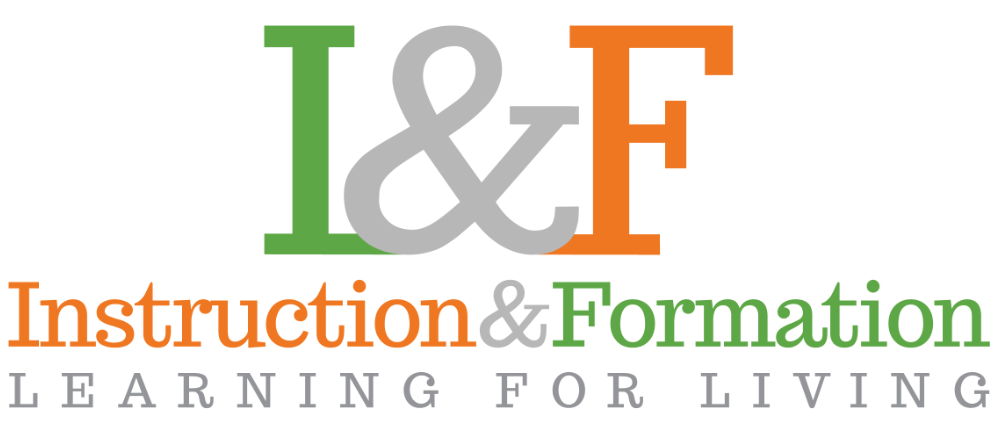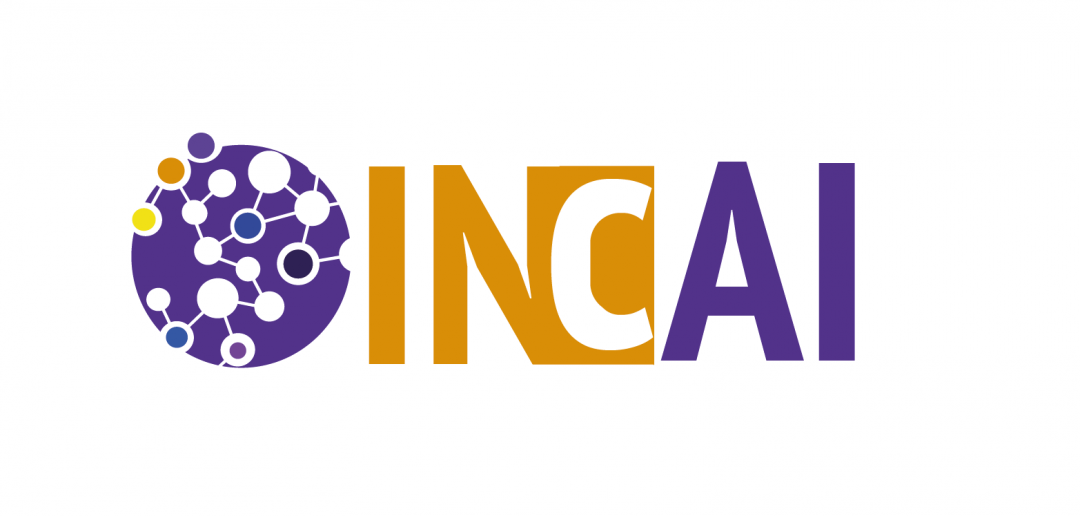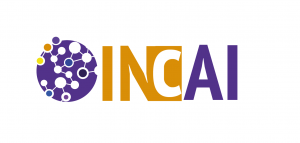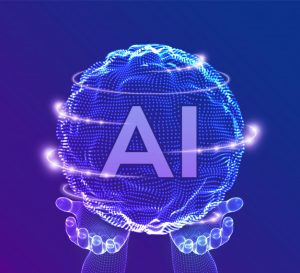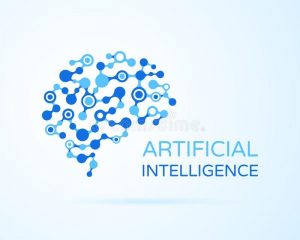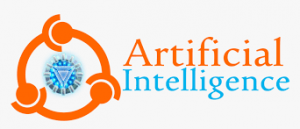The cause of Inclusive Education has been promoted for some time, recently through the UN’s Sustainable Development Goal 4: to ‘ensure inclusive and equitable quality education and promote lifelong learning opportunities for all’. Artificial intelligence and related technologies have become important components of the digital economy and affect core areas of our increasingly technologically networked lives. In addition, the EU JRC for Science Policy Report (2019)’ The Impact of Artificial Intelligence on Learning, Teaching, and Education’
“suggests that in the next years AI will change learning, teaching, and education.”
The INCAI project aims to examine the ways specific AI technology can support diverse learners and how AI is used in particular in the context of Adult Education to provide a more inclusive and flexible learning environment. Educators from partner organisations will link with ICT/AI specialist organisations in their country and work with a specific target groups of disadvantaged learners and co – produce a wireframe plan for a piece of AI technology which would meet specific needs of that target group. In doing this it will improve the skills and competencies of the adult educators and provide them with innovative learning methodologies to make their services more inclusive as well as the competencies knowledge and insight of disadvantaged learners and knowledge and skills of AI professionals and social partners. The meetings will be used for a mixture of general management and administration and sharing of learning and exchange of current good practice and a visit to the local AI specialist along with representatives of the target group. Each meeting will address a different theme of AI and Inclusion.
Introduction to AI in Education
Introduction to AI wireframes
New innovations in AI
AI and social inclusion
Future developments in AI
There will be two Learning events which will produce the main outputs of guidelines on developing AI wireframes and sustainability plans for AI wireframes produced at local level on each partner country.
Both GRALE 2015 (Global Report on Adult Learning and Education) and the European Agenda highlights the importance of addressing certain target groups. These are precisely the target groups which are represented by the partners in this project: migrants; seniors, people with disabilities and mental health, low skilled people, non-native speakers, LGBTQ and BME communities and ex-offenders. members of deprived communities experiencing poverty and social exclusion.
The overall aim of the project is to produce a more effective educational experience for adult learners in the contexts mentioned through effective strategies focused on improving the inclusion of adults from marginal, vulnerable and disadvantaged groups.
The objectives are:
-To compare, share and identify and promote good practice that can enhance the inclusion of adults from disadvantaged groups in education and learning.
-To enhance the provision of good quality learning opportunities to adult’s learners in particular those from excluded groups
-To contribute to social inclusion in education across the EU using AI
-To develop and broaden the competences of adult education providers and organisations working with adult learners from excluded groups
-To demonstrate the significant role AI technology can play in improving inclusion in learning in current practices across EU
-To present identified best practices and develop guidelines on how to prepare AI wireframes.
-To drive social change and contribute to future development of inclusive AI in education by producing sustainability plans for inclusive AI tools co-produced in partner countries across the EU and by providing local, regional, national and EU level dissemination activities.
This will lead to:
-increased inclusion of adult learners
-increased ICT skills and competences for adult learners
-increased competences and skills for educators in partner organisations
-increased capacity of partner organisations to serve adult learners from disadvantaged groups.
There will be 6 transnational Partnership Meetings and 2 Learning events and 1 transnational meeting with 146 participants from 8 partners. in addition to local participants and stakeholders who attend these events and who participate in local activities.
The transnational dimension is imperative in this project, contributions from different EU partners across Europe will enable learning, sharing of good practices and a wide dissemination. It will also build innovative and productive partnerships for future collaboration and contribute to the future agenda of inclusive AI in Adult Education.
The partners are:
-MERSEYSIDE EXPANDING HORIZONS LIMITED United Kingdom (Applicant)
-ASOCIACION DE INVESTIGACION DE LA INDUSTRIA DEL JUGUETE CONEXAS Y AFINES Spain
-SYNERGASIA ENEGON POLITON Greece
-VALUE HUB AB Sweden
-KAUNO TECHNOLOGIJOS UNIVERSITETAS Lithuania
-CENTRO INTERNAZIONALE PER LA PROMOZIONE DELL’EDUCAZIONE E LO SVILUPPO ASSOCIAZIONE Italy
ORANGE HILL Sp. z o.o. Poland
-I AND F EDUCATION AND DEVELOPMENT LIMITED Ireland
Further information can be obtained here: https://www.incaiproject.com/
